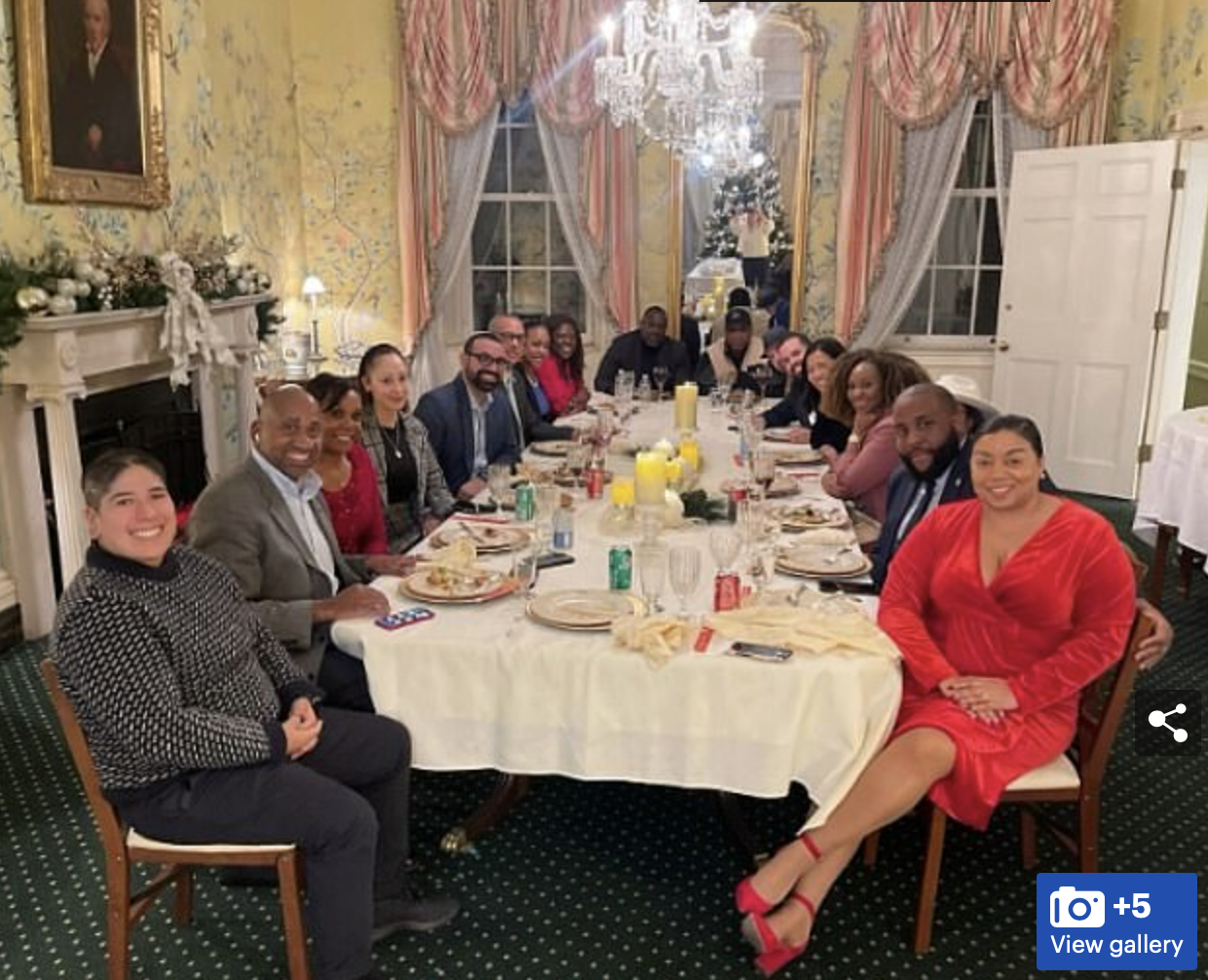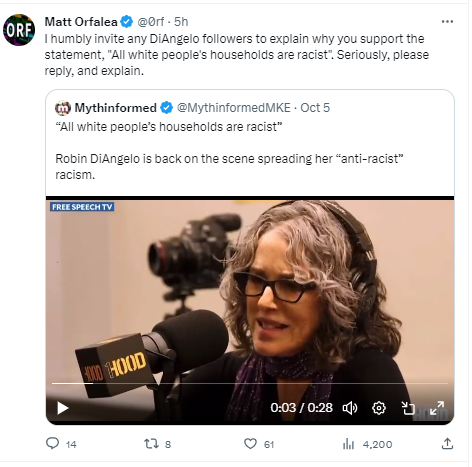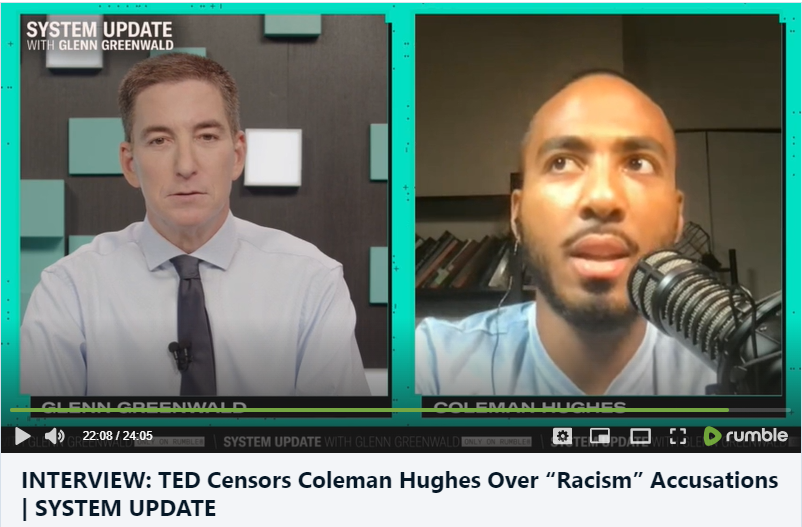At National Review, Charles Cooke's sharp-edged article invites us to exhale. We didn't believe most of the allegedly high-minded principles proclaimed by Woke Ideologists. They didn't either. Here's an excerpt from "The Woke Code of Morality Was All Nonsense":
Pick, at random, a fashionable idea about the ideal limits of free expression, and you’ll observe that it has collapsed ignominiously into the dust. The prohibition on “tone policing”? Gone. The injunction to “believe all women”? Evaporated. The insistence that “silence is violence,” that “neutrality is complicity,” or that institutions are thus obliged to speak out about any injustice that they might see? Defunct. Obsolete. Kaput. In the annals of bad human ideas, has an ideology ever been as swiftly hollowed out as was this one?
After noticing the hypocrisy, Jonathan Haidt also weighed in, making reference to the release (this week) of a new book by Greg Lukianof and Rikki Schlott, The Canceling of the American Mind (2023). First of all here's how Haidt and The Canceling define cancel culture: "efforts to silence people by threatening them with social death, unemployment, or physical harm for questioning orthodox beliefs or proposing heterodox theories. " Haidt's comment:
The Canceling was a darn good book when I read a draft last spring, in order to write the Foreword for it. It’s an even better book now that the world has been treated to the shocking spectacle of so many university presidents remaining silent, or issuing only vague and cautious comments, in days after the October 7 terrorist attack on Israel. Their collective reticence stood in stark contrast to the speed with which so many had offered expressions of solidarity or shared grief whenever an election or court case went the “wrong” way in the years since 2014. (In general I think universities should embrace the “Chicago Principles” and commit to institutional neutrality. See Jeff Flier’s recent application of these principles to the current situation. But if university leaders made so many pronouncements on “controversial” issues before October 7, then they should have made a strong one on October 8.)
Why did so many leaders take so long to say anything strong or (seemingly) heartfelt about the largest mass slaughter of Jews since the holocaust? Why did so many wait a few days to see which way the wind was blowing before augmenting their initially tepid statements? I see nothing to suggest antisemitism; I see everything to suggest fear.



